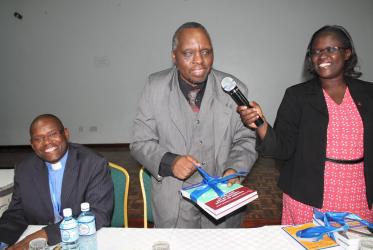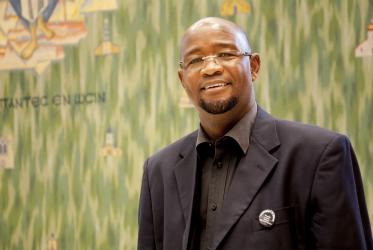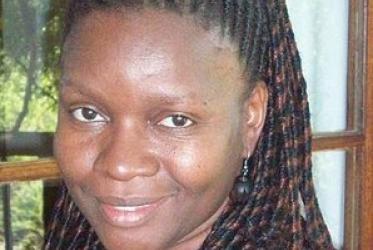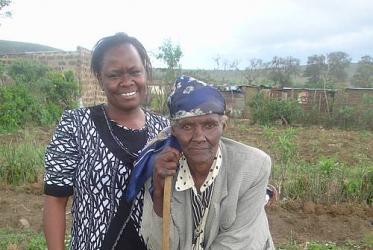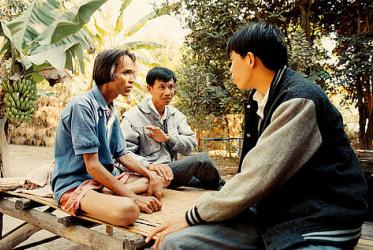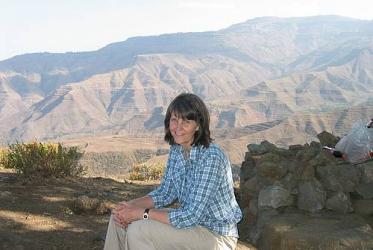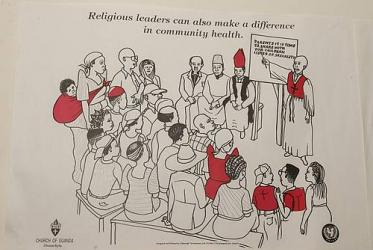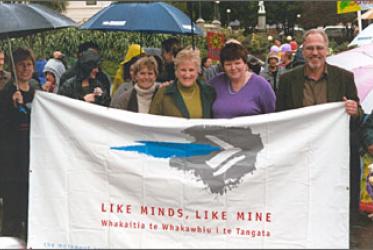Displaying 1 - 18 of 18
Theological education in Africa promotes social transformation
03 November 2022
New theological materials offer fresh perspective on disabilities
08 December 2016
WCC conference explores ecological injustice in Uganda
21 April 2016
Basel University honors Ghanian Methodist theologian
09 December 2015
Churches need to do more to tackle HIV and AIDS
23 June 2015
Living with God in the context of HIV and AIDS
27 February 2013
Responding to HIV with faith and courage
23 January 2012
Fighting ignorance, fear and stigma through Bible study
09 December 2011
Accelerating the church's response to HIV
11 October 2011
WCC's HIV work reaches quarter-century mark
30 June 2011
Building AIDS-competent churches in Southern Africa
23 June 2011
Books key to the battle against HIV and AIDS in Africa
23 February 2011
New WCC focus on mental health
26 January 2007
September 2005
24 August 2005



